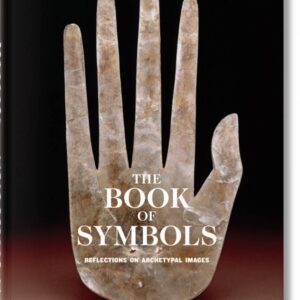The Garden at Eichstätt, Besler Taschen
1 op voorraad
A magnificent pictorial document of the flowers grown in the greatest German garden of its time, the Hortus Eystettensis is in a class of its own when it comes to both the variety and the range of flowers engraved.
First published in 1613, the 367 copperplate engravings by Basilius Besler (1561–1629)capture the spectacular diversity of the palatial gardens of Prince-Bishop Johann Konrad von Gemmingen (1593/95–1612) in Eichstätt, Bavaria, Germany. The meticulous illustrations are organized according to the four seasons, and, following the classification system used today, show plants belonging to a total of 90 families and covering 340 genera. The whole collection is regarded as one of the finest treasures of botanical literature, described by Carl Linnaeus, the legendary 18th-century botanist and zoologist, as an “incomparable work.”
Besler’s pictorial catalog long outlived the gardens, which were destroyed in 1634 by invading Swedish troops. In auction, the asking price for a first-edition copy of Hortus Eystettensis is now more than half a million dollars. With this XXL-sized facsimile, based on the copy held by the University Library of Eichstätt-Ingolstadt, TASCHEN opens up the garden to a much wider audience. Pairing the beautiful illustrations with descriptions of each plate’s botanical, pharmaceutical, and symbolic significance, as well as an introduction which puts the Hortus Eystettensis in its cultural and historical context, this is a rich and beautiful record, destined to keep the garden’s beauty in bloom.
Hardcover, 3 vols. with booklet in slipcase
Taal: Engels, Frans, Duits
Formaat: 243 x 304 mm
Leverbaar: Ja
ISBN: 978-3-8365-9433-2
Levertijd: 1-2 werkdagen
€175.00 €200.00 Incl.BTW
1 op voorraad
Botanical Beauty
A complete facsimile edition of the three-volume Hortus Eystettensis













